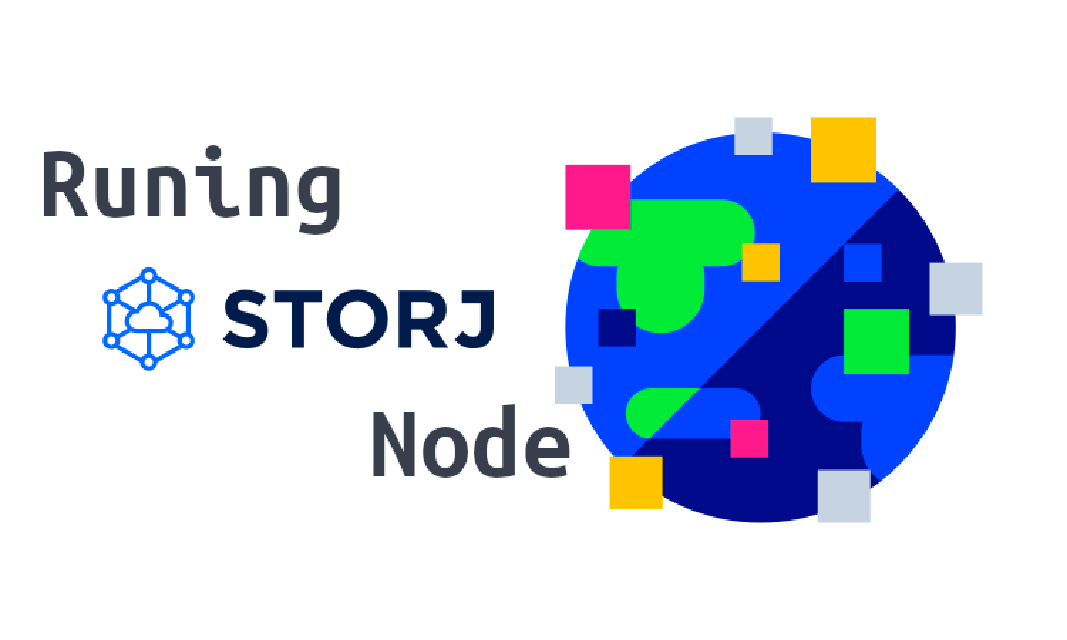As the demand for secure and scalable data storage grows, decentralized storage solutions are gaining traction. Storj emerges as a leading platform in this space, offering a robust API that empowers developers and users to leverage the power of its globally distributed network. This article delves into the functionalities and benefits of the Storj API, equipping you to explore the potential of decentralized storage.
Web : https://docs.storj.io/
At the Core: Decentralization and Security
Storj breaks away from traditional, centralized cloud storage providers. It leverages a peer-to-peer network of storage nodes, where users rent out unused disk space and others pay to store their data. This distributed approach offers several advantages:
- Enhanced Security: Data is encrypted and sharded across multiple storage nodes, making it highly resistant to breaches or data loss.
- Improved Scalability: The network can easily scale to accommodate growing storage demands by adding new storage nodes.
- Cost-Effectiveness: By leveraging underutilized resources, Storj offers a potentially more cost-effective alternative to traditional cloud storage solutions.
The Storj API: Simplifying Decentralization
While the core concepts of Storj are powerful, interacting with the network directly can involve technical complexities. The Storj API bridges this gap, providing a user-friendly interface for developers and users to interact with the network. Here are some key features:
- Seamless Uploads and Downloads: Upload your data (files or directories) using the API. The API handles the encryption, sharding, and distribution of your data across the Storj network. Retrieval is equally convenient, allowing you to download your data using its unique identifier.
- Flexible Access Control: Define access permissions for your stored data. The API allows you to control who can access your data and under what conditions.
- Integration Made Easy: The Storj API offers client libraries for various programming languages, enabling developers to effortlessly integrate decentralized storage into their applications.
- Monitoring and Management: Keep track of your stored data and manage your storage usage. The API provides functionalities for monitoring storage quotas, analyzing costs, and managing access controls.
Beyond Uploads: Additional Features
The Storj API boasts additional functionalities that enhance its versatility:
- Satellite Gateway Access: Integrate with the Storj Satellite network for low-latency data retrieval, particularly beneficial for geographically dispersed users.
- Data Deals and Marketplace: Explore the Storj Marketplace, where storage providers offer deals with varying pricing and features. The API enables developers to leverage these deals within their applications.
Benefits of Using the Storj API:
- Decentralization and Security: Storj offers a secure and censorship-resistant storage solution, mitigating the risks associated with centralized cloud storage providers.
- Cost-Effectiveness: Leveraging a peer-to-peer network can lead to potentially lower storage costs compared to traditional cloud providers.
- Scalability and Performance: Storj’s distributed network scales efficiently to meet growing storage demands and offers good performance for data access.
- Developer-Friendly Approach: The Storj API offers a comprehensive set of tools and documentation, making it accessible for developers of all levels to integrate decentralized storage into their applications.
The Future of Decentralized Storage
The Storj API positions itself as a valuable tool for developers and individuals seeking a secure and scalable decentralized storage solution. By simplifying access to the Storj network, the API empowers users to:
- Store data securely and reliably
- Benefit from the cost-effectiveness of decentralized storage
- Contribute to a more resilient and decentralized internet ecosystem
With its robust features and user-friendly approach, the Storj API is poised to play a significant role in shaping the future of decentralized storage and cloud infrastructure.


